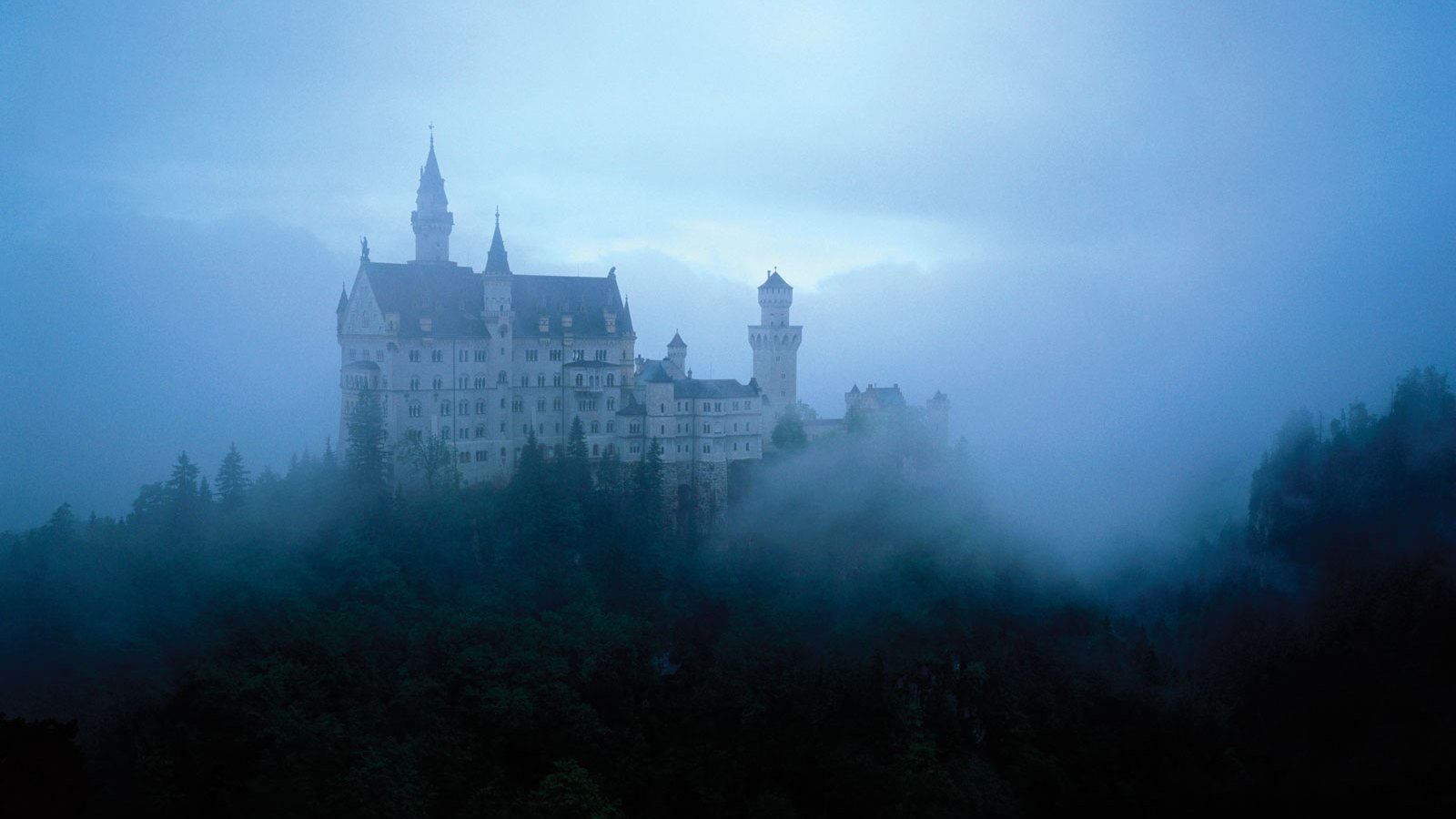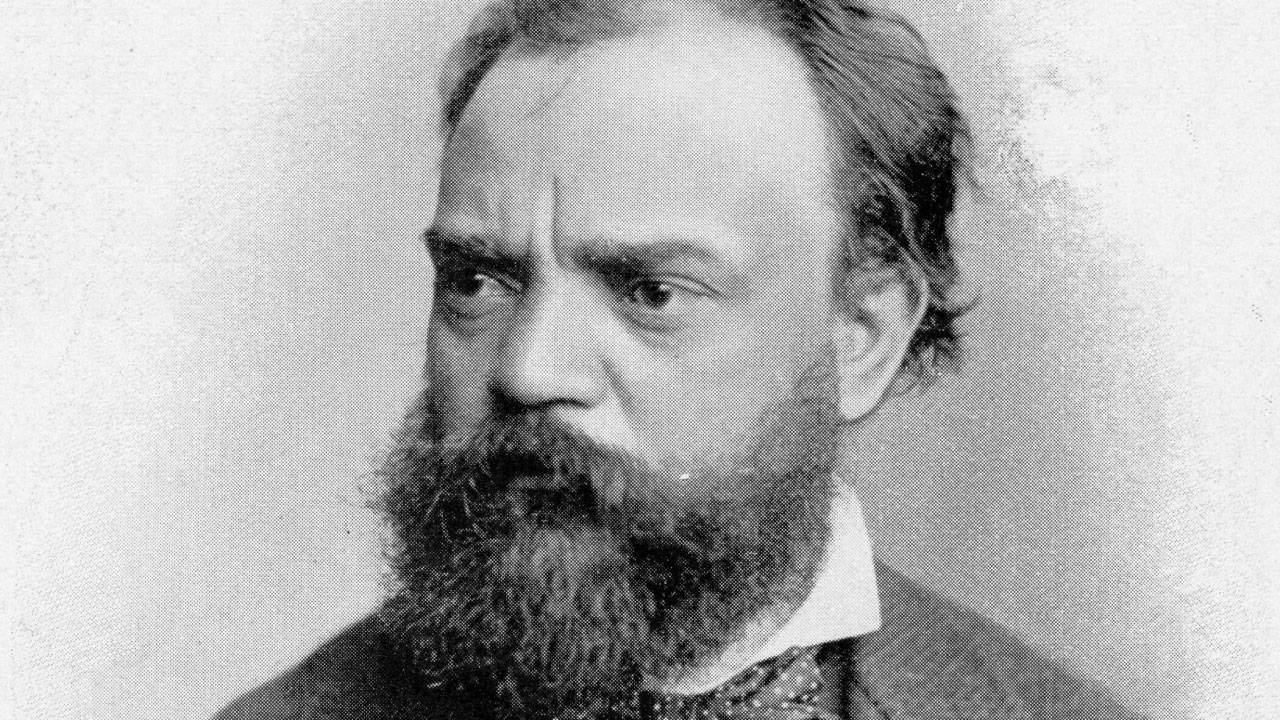Wagner’s “Lohengrin,” Prelude to Act I: A Shifting Kaleidoscope of Color
Richard Wagner’s 1850 opera, Lohengrin, is based on medieval German legend. The fairy tale story involves the distressed Elsa (unfairly accused of murdering her brother, the rightful heir to the kingdom) and Lohengrin, a disguised Knight of the Holy Grail who comes to her aid on a boat drawn by a swan. Wagner’s Prelude to the first act of Lohengrin is a dreamlike kaleidoscope of orchestral color. It begins in the highest register of the …







